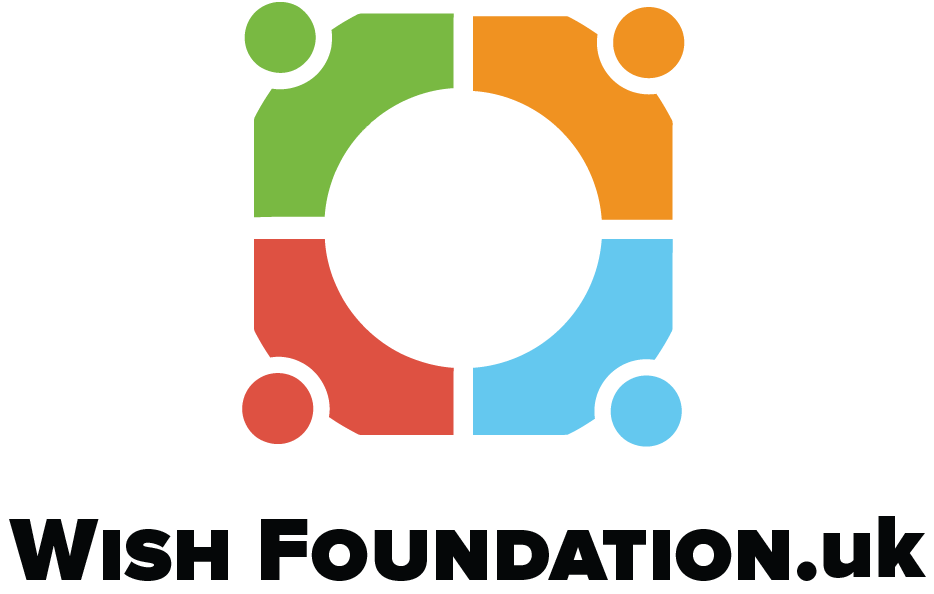Zakat is one of the Five Pillars of Islam, representing a fundamental practice of charitable giving that plays a crucial role in the economic and social welfare of the Muslim community. It is an obligatory form of almsgiving, typically calculated as a fixed percentage, usually 2.5%, of an individual’s accumulated wealth over a lunar year.
The purpose of zakat is to purify wealth and ensure that those who are less fortunate receive assistance, thus promoting social equity and reducing poverty. Zakat is meant to be distributed among specific categories of recipients, including the poor (al-fuqarā), the needy (al-masākīn), those employed to collect and distribute zakat, new converts to Islam, those in bondage, the debt-ridden, and those striving in the cause of Allah.
The act of giving zakat not only fulfills a religious obligation but also fosters a sense of community and solidarity among Muslims, reinforcing the idea that wealth is a trust from God that should be shared. Furthermore, zakat serves to encourage the circulation of wealth within society, contributing to economic stability and helping to alleviate disparities.
Many Muslims also engage in voluntary charity (sadaqah) in addition to zakat, further emphasizing the importance of generosity and compassion in everyday life.
Social Justice: By redistributing wealth, Zakat helps reduce poverty and inequality within the community. It ensures that the less fortunate have access to basic necessities, promoting social cohesion.
Community Support: Zakat fosters a sense of community and responsibility among Muslims. It encourages individuals to take care of one another, reinforcing the idea that wealth is a trust from Allah that should be shared.



